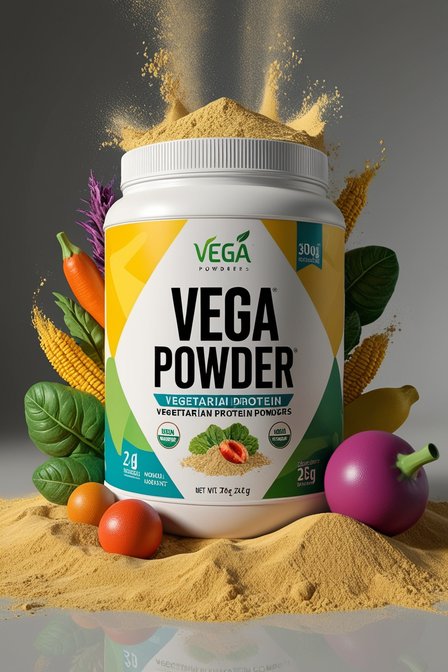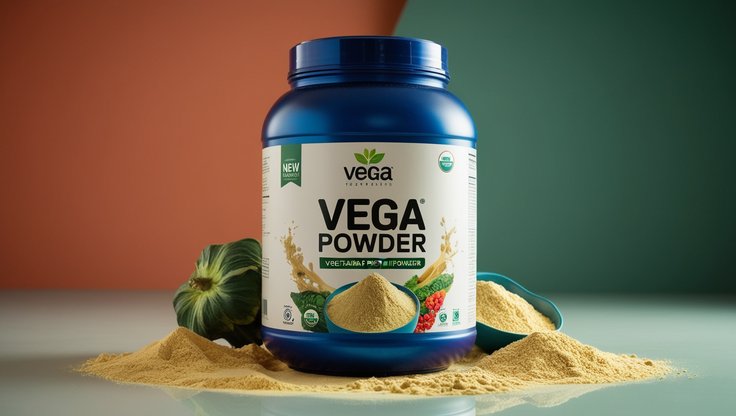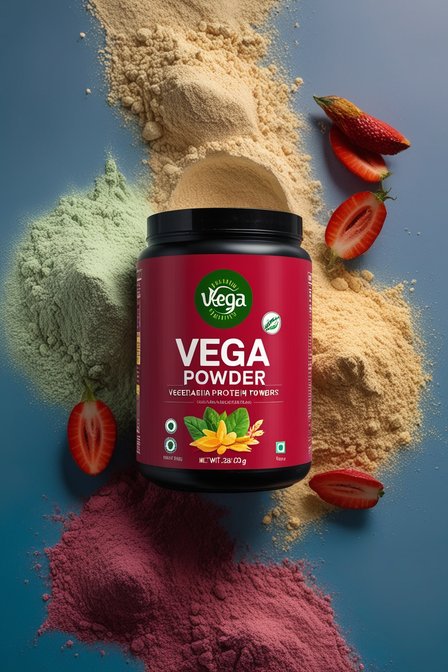Vegan Protein vs. Whey: A Comprehensive Comparison
In the realm of fitness and nutrition, protein supplementation has become a staple for athletes, bodybuilders, and health enthusiasts alike. Among the myriad of protein options available, vegan protein and whey protein stand out as the most popular choices. While both serve the fundamental purpose of aiding muscle recovery and growth, they differ significantly in their sources, benefits, and impacts on health and the environment. This article delves into a detailed comparison between vegan protein and whey protein, providing insights to help you make an informed choice.
Origins and Sources
Whey protein is derived from milk during the cheese-making process. It is the liquid that separates from the curds. This liquid is then processed and dried into a powder form, which is commonly known as whey protein. Whey protein is categorized into three main types: whey protein concentrate, whey protein isolate, and whey protein hydrolysate, each differing in their protein content and processing methods.
On the other hand, vegan protein is sourced from plants. Common sources include peas, brown rice, hemp, soy, and various seeds and legumes. These plant-based proteins are processed and combined to form a complete protein powder that offers a similar profile to animal-based proteins. Vegan protein powders are often a blend of different plant proteins to ensure they provide all the essential amino acids.
Nutritional Profile
Whey protein is renowned for its high protein content and complete amino acid profile. It contains all nine essential amino acids, making it a complete protein. Whey protein is particularly rich in branched-chain amino acids (BCAAs) such as leucine, isoleucine, and valine, which are crucial for muscle protein synthesis. The protein content in whey protein powders typically ranges from 70% to 90%, depending on the type.
Vegan protein, while also high in protein, often requires blending multiple plant sources to achieve a complete amino acid profile. Single-source vegan proteins, like pea or rice protein, may lack one or more essential amino acids. However, when combined, they can provide a comprehensive amino acid profile. The protein content in vegan protein powders varies but generally falls within a similar range to whey protein.
Digestibility and Absorption
Whey protein is known for its rapid digestibility and absorption. It is quickly broken down and absorbed by the body, making it an excellent choice for post-workout recovery. The fast absorption rate of whey protein helps deliver amino acids to the muscles swiftly, promoting efficient muscle repair and growth.
Vegan protein, depending on the source, may have a slightly slower digestion rate compared to whey protein. However, advances in processing methods have improved the digestibility of plant-based proteins. Some vegan proteins, like pea protein, are now comparable to whey protein in terms of absorption rates. Additionally, vegan proteins are less likely to cause digestive issues such as bloating or gas, which can be a concern with whey protein, particularly for those with lactose intolerance.
Health Benefits
Whey protein is celebrated for its numerous health benefits. It supports muscle growth and recovery, aids in weight management by promoting satiety, and helps maintain overall muscle mass. Whey protein also contains immunoglobulins and lactoferrin, which have immune-boosting properties. However, it is worth noting that whey protein can cause allergic reactions in individuals with dairy allergies or lactose intolerance.
Vegan protein offers a host of health benefits as well. It is hypoallergenic and suitable for individuals with lactose intolerance or dairy allergies. Plant-based proteins are often accompanied by additional nutrients, such as fiber, vitamins, and minerals, which contribute to overall health. Vegan proteins are also lower in saturated fats and cholesterol compared to animal-based proteins, promoting heart health.
Environmental Impact
One of the significant considerations when choosing between vegan and whey protein is the environmental impact. Whey protein production is tied to the dairy industry, which has been associated with significant environmental concerns, including greenhouse gas emissions, water usage, and land degradation. The dairy industry is a considerable contributor to climate change due to methane emissions from cattle.
Vegan protein, derived from plants, typically has a lower environmental footprint. Plant-based protein production requires fewer resources such as water and land and generates lower greenhouse gas emissions. Choosing vegan protein is often seen as a more sustainable option, aligning with the growing awareness and demand for environmentally friendly dietary choices.
Ethical Considerations
Ethical concerns also play a role in the choice between vegan and whey protein. The dairy industry has faced criticism for animal welfare issues, including the treatment of cows and the use of intensive farming practices. Consumers who prioritize animal rights and welfare may prefer vegan protein as it aligns with a cruelty-free lifestyle.
Vegan protein, being plant-based, does not involve animal exploitation or harm. It offers an ethical alternative for those who wish to avoid animal products altogether. The rise in veganism and plant-based diets is partly driven by ethical considerations, making vegan protein a preferred choice for many.
Versatility and Flavor
Whey protein is known for its versatility and taste. It is available in a wide range of flavors and can be easily incorporated into various recipes, including smoothies, shakes, and baked goods. Whey protein’s smooth texture and mild taste make it a popular choice for those looking to add protein to their diet without altering the flavor of their food significantly.
Vegan protein has come a long way in terms of taste and texture. Advances in food technology have improved the flavor profiles and consistency of plant-based protein powders. While some may find vegan protein to have a slightly earthy or grainy taste, many brands offer flavored options that are palatable and enjoyable. Vegan protein powders can also be used in a variety of recipes, making them a versatile addition to any diet.
Cost Comparison
The cost of protein supplements can be a deciding factor for many consumers. Whey protein is generally more affordable and widely available due to its long-standing presence in the market and efficient production processes. The economies of scale in the dairy industry also contribute to the lower cost of whey protein.
Vegan protein, while becoming more competitive in price, can still be slightly more expensive than whey protein. The cost is influenced by the sourcing and processing of plant ingredients. However, as the demand for plant-based products continues to rise, the price gap between vegan and whey protein is expected to narrow, making vegan protein more accessible to a broader audience.
Choosing the Right Protein for You
The choice between vegan protein and whey protein ultimately depends on individual preferences, dietary restrictions, and health goals. Both types of protein offer unique benefits and can be effective in supporting muscle growth, recovery, and overall health. Here are some factors to consider when making your decision:
- Dietary Restrictions: If you have lactose intolerance, dairy allergies, or follow a vegan lifestyle, vegan protein is the clear choice.
- Health Goals: Consider your fitness and health objectives. Whey protein may be ideal for rapid post-workout recovery, while vegan protein offers additional nutrients and is suitable for long-term health.
- Environmental and Ethical Values: If sustainability and animal welfare are important to you, vegan protein aligns better with these values.
- Digestibility: Evaluate how your body responds to different proteins. Some individuals may find whey protein easier to digest, while others may prefer the gentler nature of plant-based proteins.
- Taste and Versatility: Experiment with different flavors and recipes to determine which protein best suits your taste preferences and dietary habits.
- Cost: Factor in your budget and look for high-quality protein supplements that offer good value for money.
Conclusion
Both vegan protein and whey protein have their respective advantages and can be valuable additions to a balanced diet. Whey protein’s complete amino acid profile and rapid absorption make it a popular choice for athletes and fitness enthusiasts. Vegan protein, with its hypoallergenic properties, additional nutrients, and lower environmental impact, offers a compelling alternative for those seeking a plant-based option. By considering your individual needs and values, you can make an informed choice that supports your health, ethical beliefs, and lifestyle.



